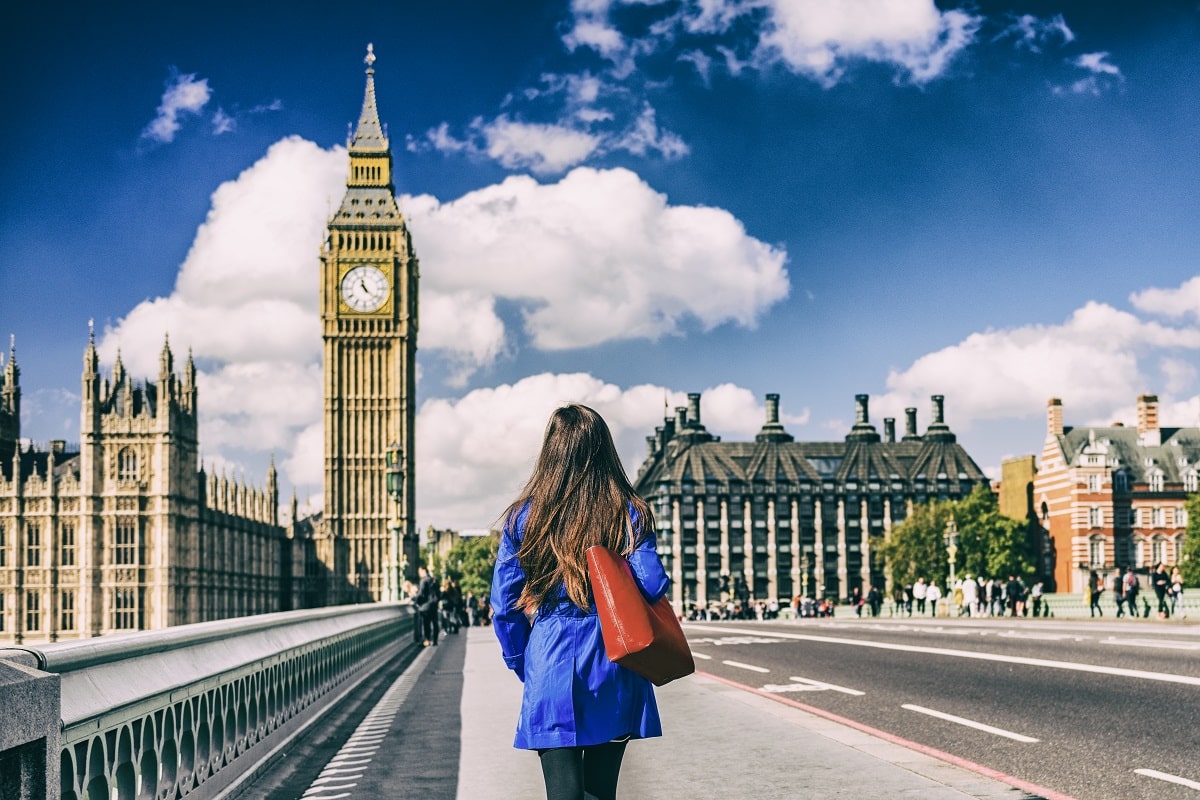Let’s strip back the veneer of polite British reserve and delve into the nitty-gritty. The reality of diversity and inclusion in the UK is as diverse and complex as the population it seeks to represent.
1. Gender-Neutral Passports: A Legal Labyrinth
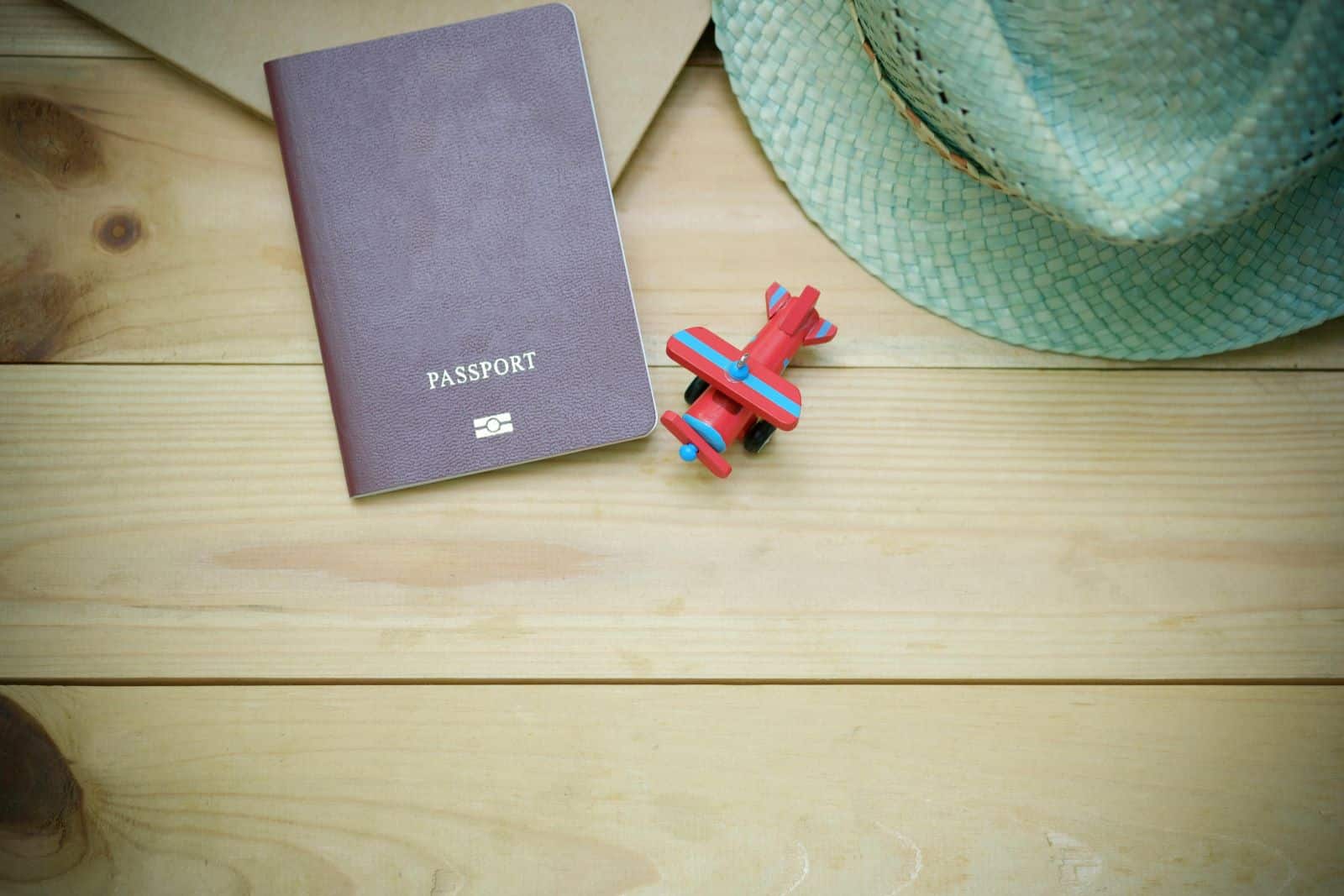
The UK’s dance with the idea of gender-neutral passports is less cha-cha-cha and more bureaucratic two-step. Despite legal battles for recognition, Britain’s Home Office remains staunchly in favour of the gender binary on travel documents. It’s like they’re saying, “You can have any color as long as it’s black or white.”
2. The World’s Most Diverse City: London Calling

London, a city where you can hear over 300 languages and find food from every corner of the globe, is often celebrated as a beacon of multiculturalism. Yet, beneath the surface, it’s a city of contrasts, where luxury flats overlook communities grappling with gentrification. It’s as if the Tower of London’s ravens started squawking in multiple languages.
3. Gender Pay Gap Reporting: Transparency or Paperwork?

Since 2017, UK companies with over 250 employees must disclose their gender pay gaps. This move towards transparency is commendable, but when you delve deeper, you find the gap often widens at the top. It’s the corporate equivalent of “do as I say, not as I do.”
4. Braille Voting: Democracy You Can Touch
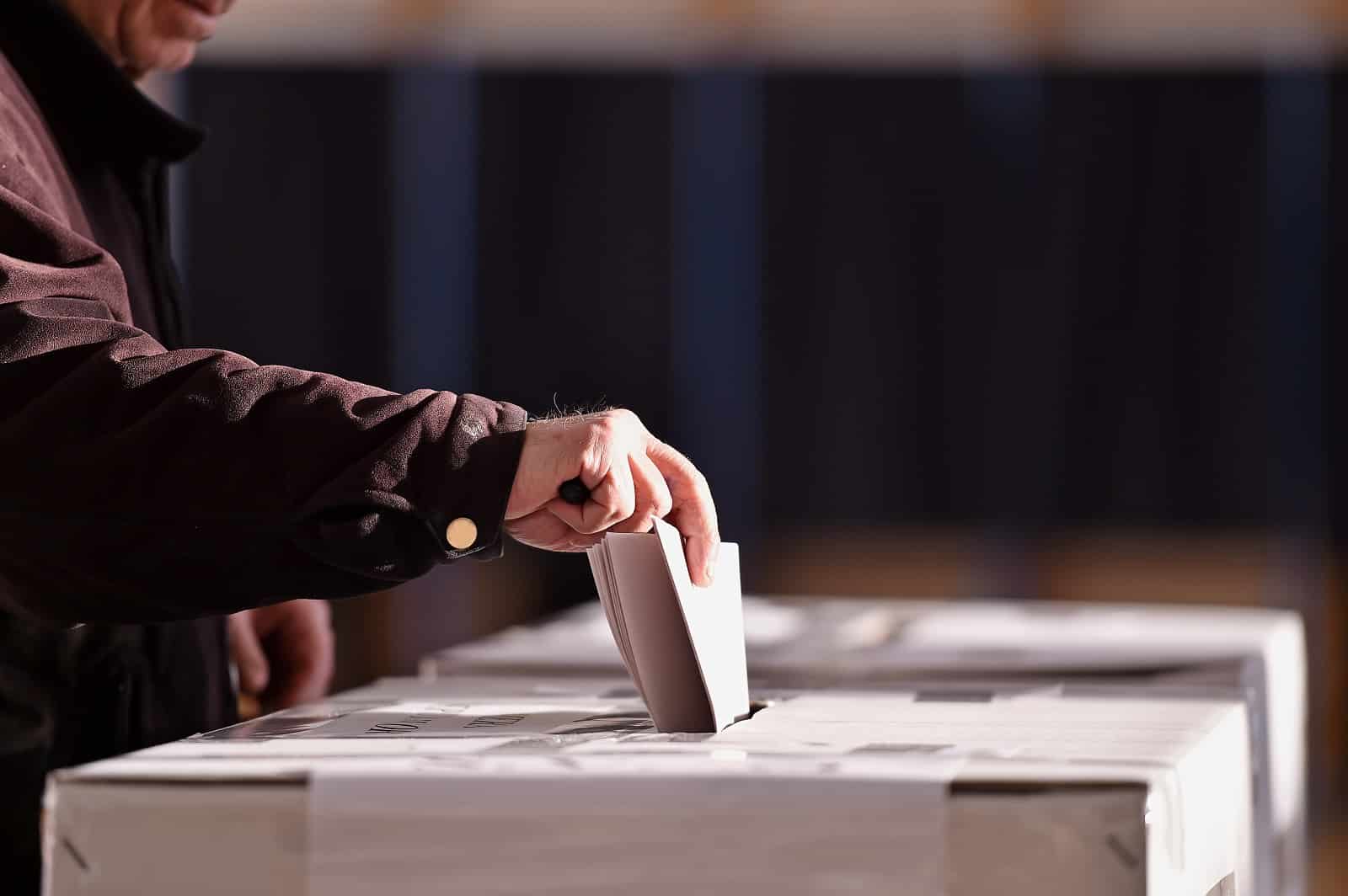
The UK introduced braille voting templates for the visually impaired, ensuring that democracy is literally at their fingertips. However, one can’t help but wonder about the myriad other accessibility challenges that remain unaddressed. It’s like fixing a leaky tap in a house with no roof.
5. Quotas for Female Board Members: A Glass Ceiling or a Glass Escalator?

In the push for gender equality, some UK companies have adopted quotas for female board members. It’s an effort to shatter the glass ceiling, but skeptics argue it feels more like installing a glass escalator for a select few. Are we celebrating progress, or window dressing?
6. Ethnicity Pay Gap Reporting: The Next Frontier?

Following the footsteps of gender pay gap disclosures, there are murmurs about introducing ethnicity pay gap reporting. It’s a step towards acknowledging systemic inequalities, yet one wonders if this will lead to meaningful change or just more glossy diversity reports to file away.
7. LGBTQ+ Rights: A Rainbow Over Westminster
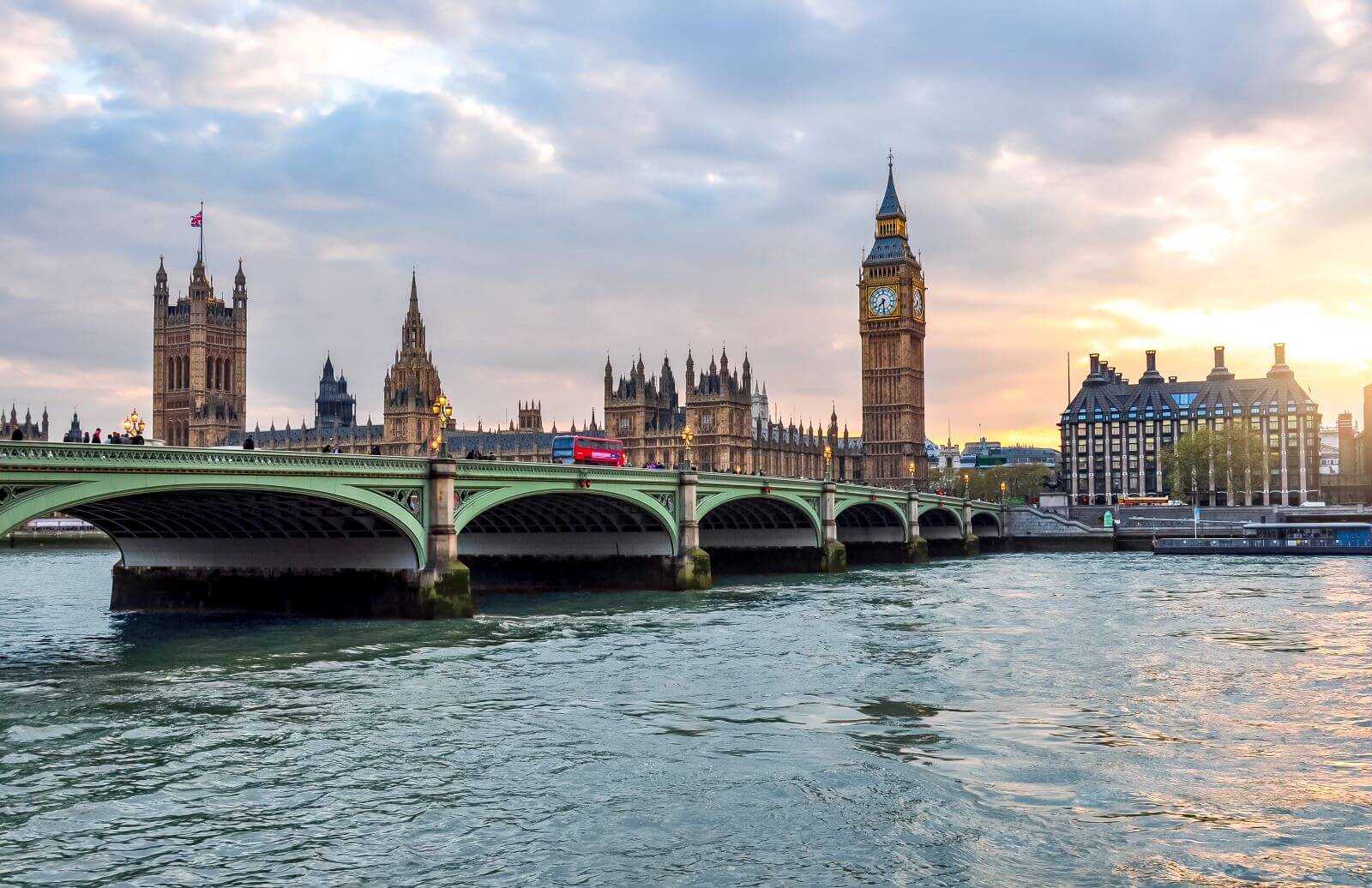
The UK has made significant strides in LGBTQ+ rights, from legalizing same-sex marriage to hosting one of the world’s largest Pride parades. However, the ongoing debates around transgender rights remind us that the road to equality is more marathon than sprint. It’s as if Big Ben decided to chime for equality but occasionally misses a beat.
8. The Windrush Scandal: A Lesson in Inclusion Gone Awry
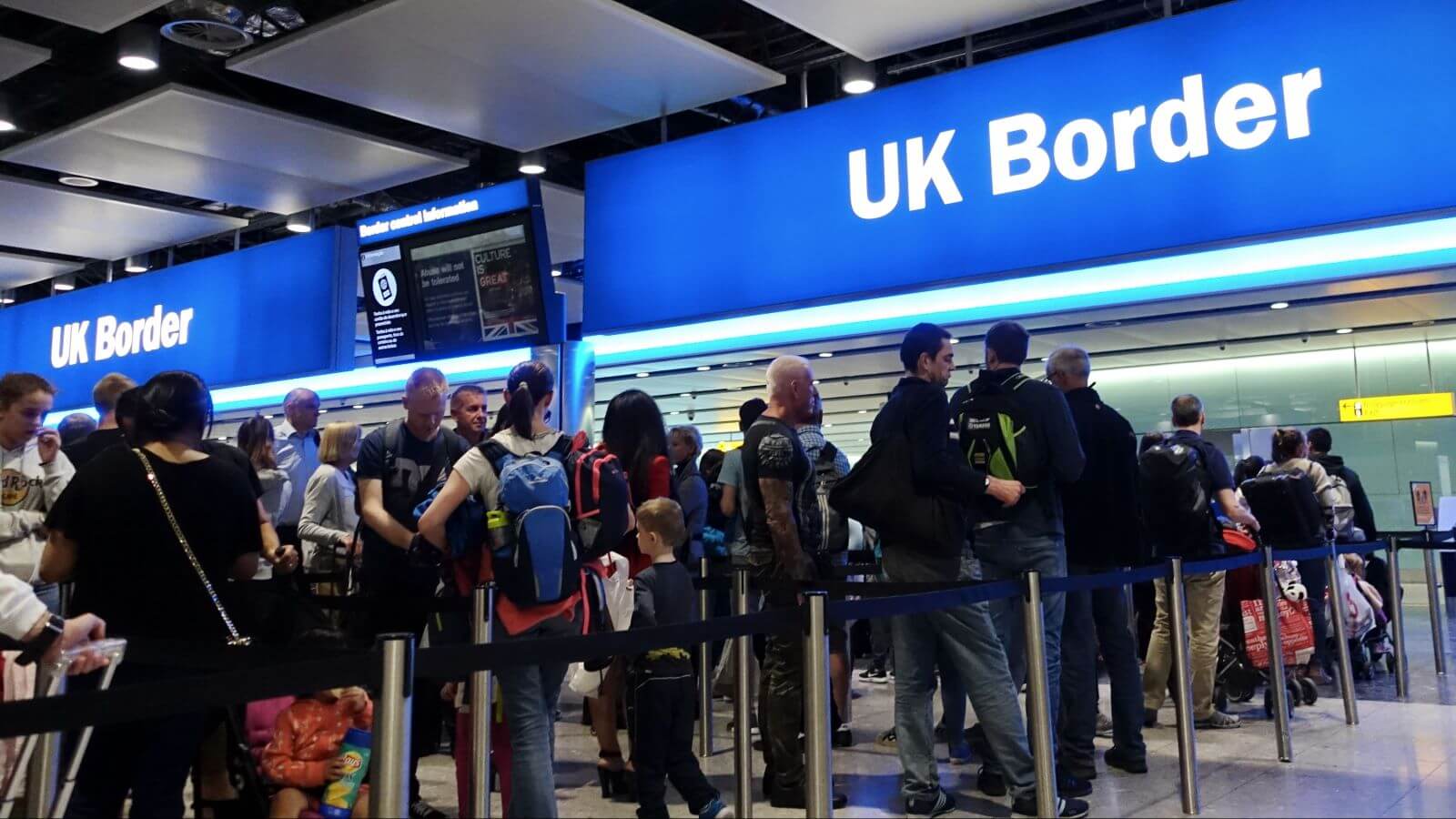
The Windrush scandal exposed deep flaws in Britain’s immigration system, affecting thousands from the Caribbean. It’s a stark reminder that inclusion is not just about inviting people to the party but also letting them dance. Or, in this case, not deporting them from the dance floor.
9. Universal Credit: Welfare or Warfare?
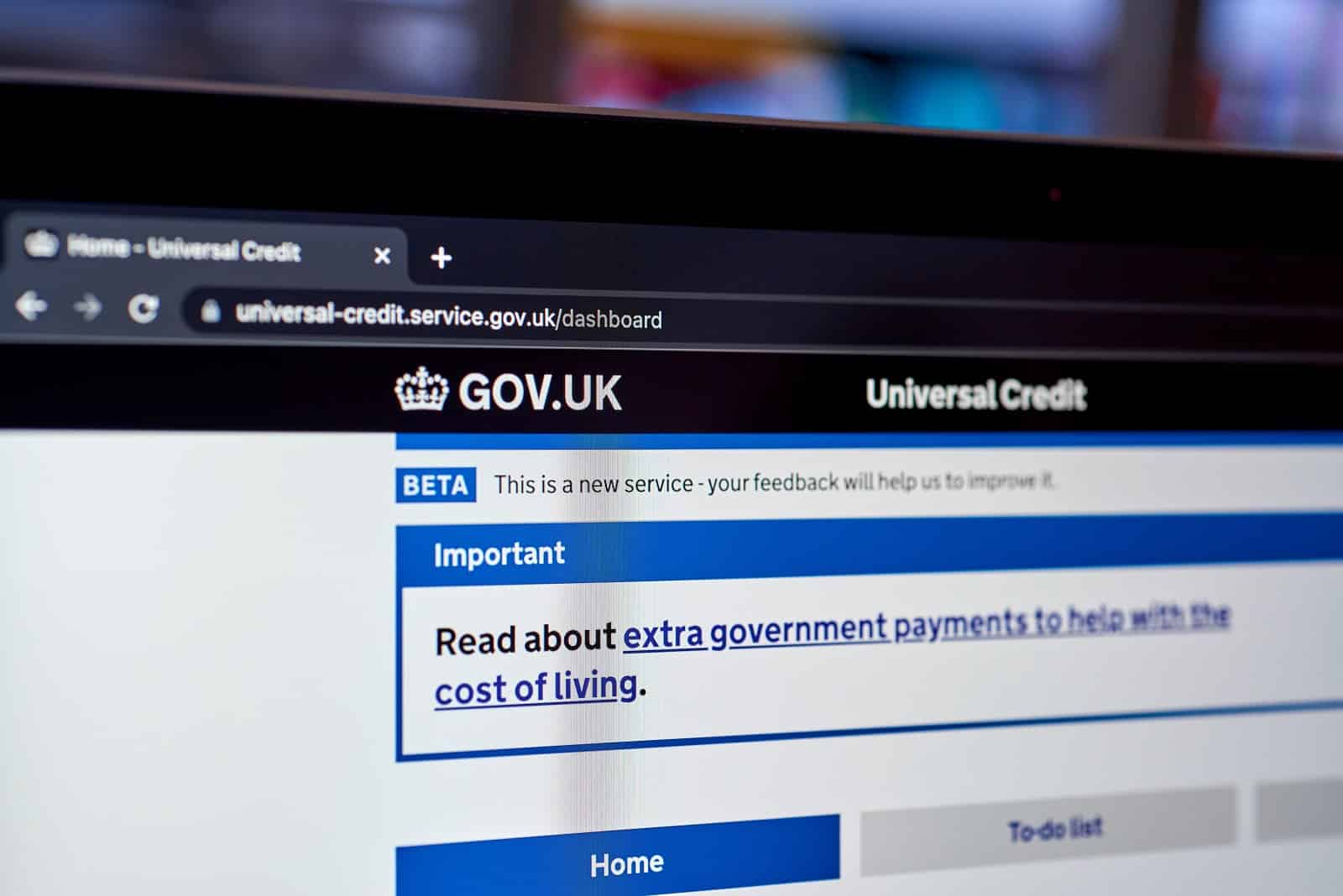
Universal Credit was touted as a revolutionary simplification of the benefits system, aiming to support the most vulnerable. Yet, with its rollout mired in controversy and delays, it’s like the government commissioned a rollercoaster—sorry, a straightforward ride—that ended up being anything but.
10. Refugee Resettlement: A Beacon of Hope or a Drop in the Ocean?
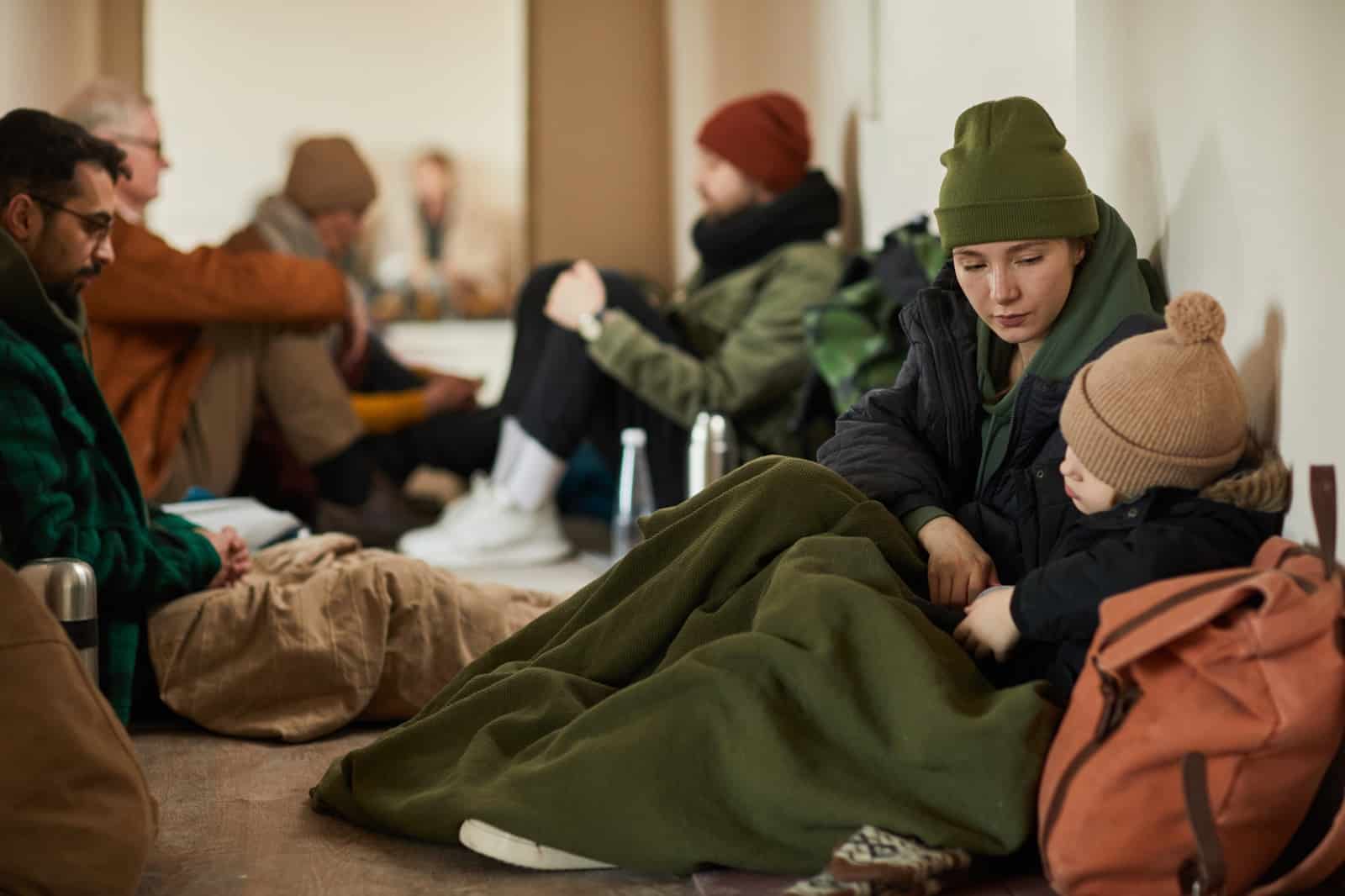
The UK has pledged to resettle thousands of refugees, positioning itself as a beacon of hope. However, when you consider the scale of global displacement, this effort can seem like a drop in the ocean. It’s like offering a teacup to bail out a sinking ship.
11. Free Period Products: Breaking the Bloody Taboo

Scotland became the first country in the world to make period products free for all, tackling period poverty head-on. It’s a revolutionary move, yet it begs the question: why did it take so long for a natural biological process to stop being seen as a luxury? It’s as if half the population suddenly realized, “Oh, this happens every month.”
12. The Turing Scheme: A Global Classroom

Post-Brexit, the UK launched the Turing Scheme, aiming to provide global study opportunities to students—a nod to diversity and international collaboration. Yet, without EU funds, it feels a bit like reinventing the wheel, but this time, it’s square and rolls with a distinctive stiff British upper lip.
13. Ethnic Minorities in Politics: Representation or Tokenism?
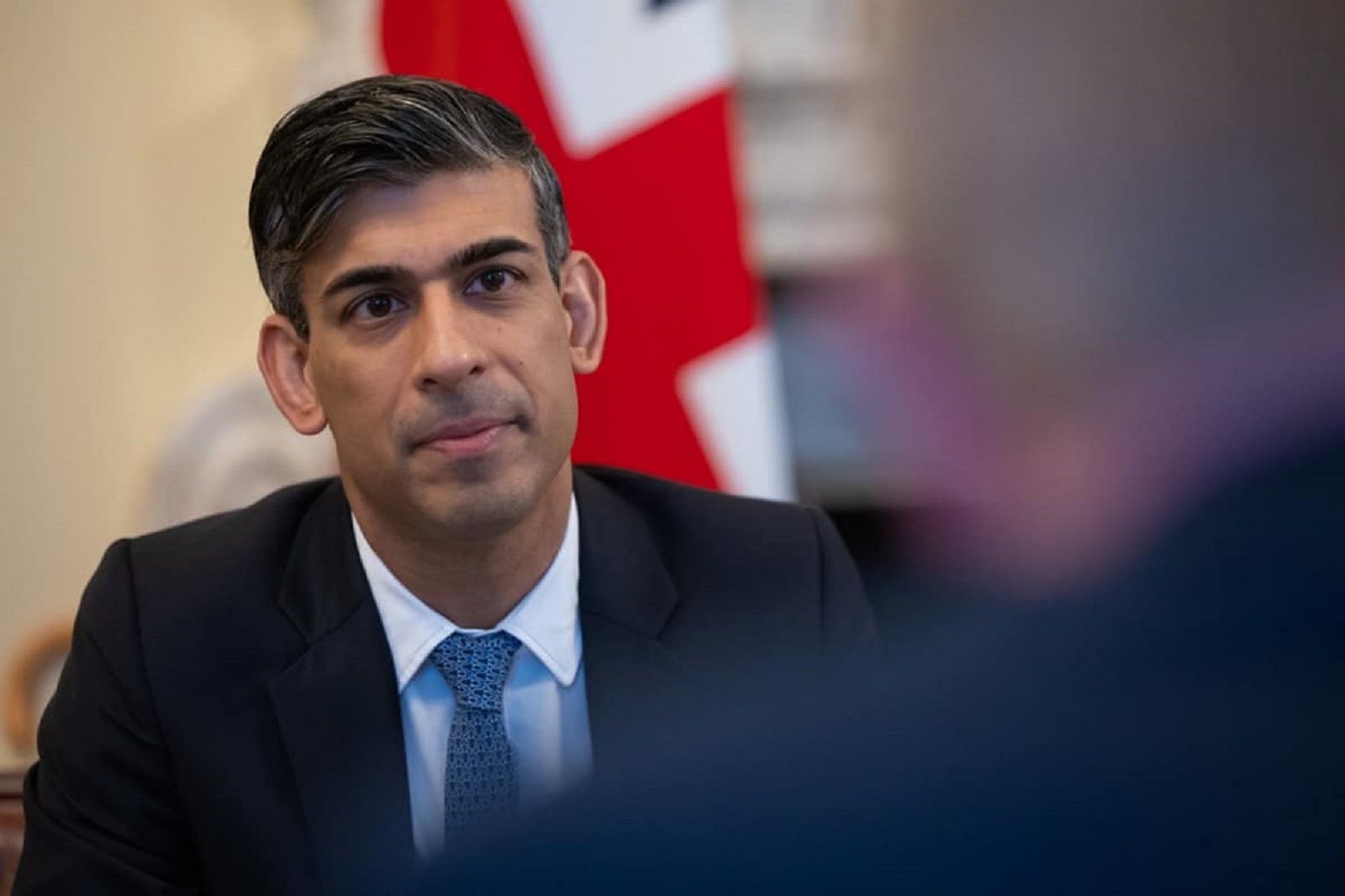
The increasing number of ethnic minority politicians in the UK Parliament is hailed as a victory for diversity. However, with representation still not reflective of the broader population, it raises the question: are we witnessing true representation, or is it tokenism dressed in parliamentary robes?
14. The Race Report: Sweeping Under the Carpet?
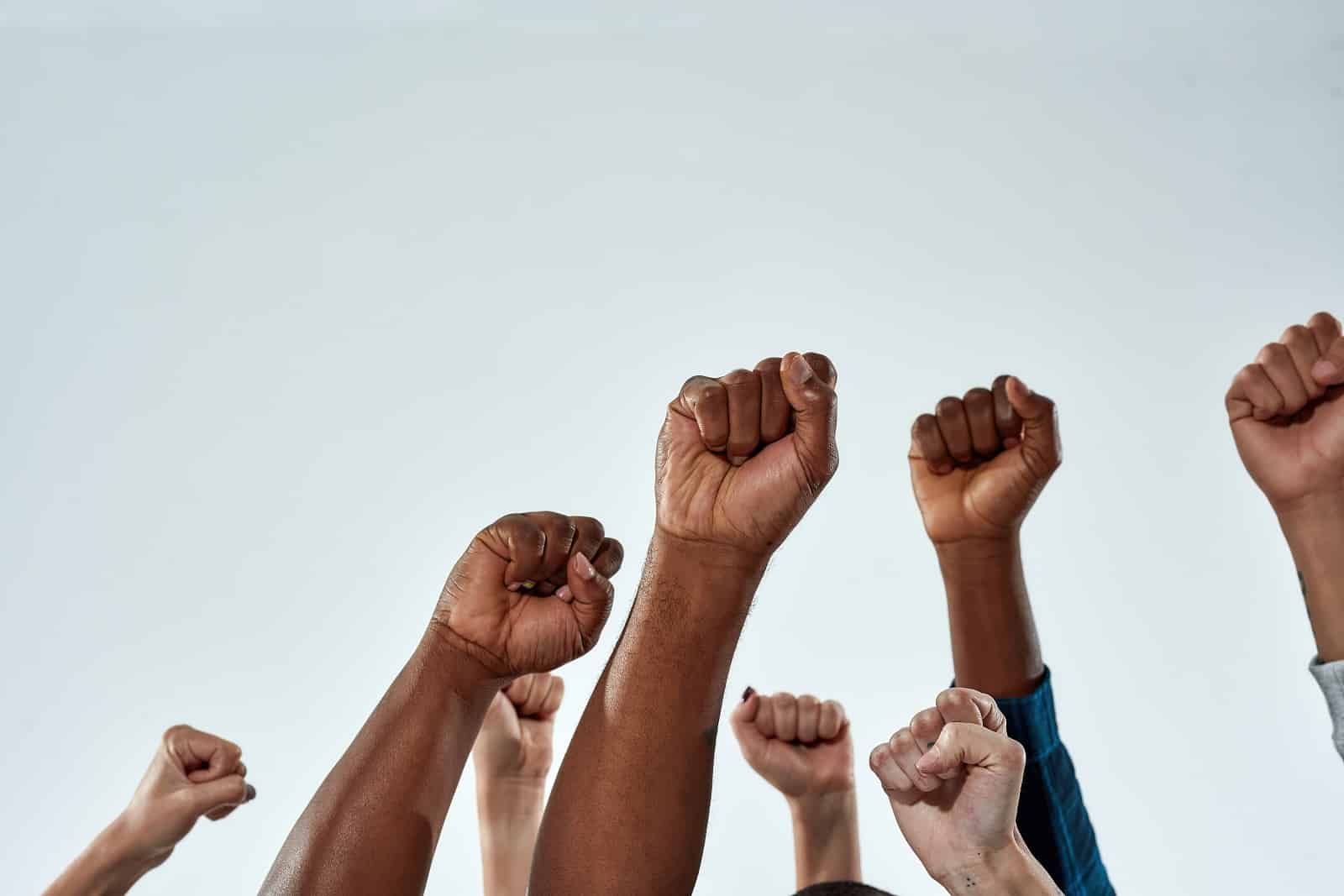
The controversial 2021 Race Report claimed the UK was not institutionally racist, sparking outrage and disbelief. It seems like the government’s attempt to address racial inequality was more about sweeping issues under the carpet than airing them out. It’s as if the report was written with a quill plucked from that ostrich with its head in the sand.
15. Green Finance: Investing in a Diverse Future?

The UK’s push towards green finance and sustainable investing is commendable, aiming to lead the charge against climate change. Yet, the emphasis often seems more on the financial returns than on genuinely sustainable practices. It’s like planting a tree but only because it looks good on Instagram.
16. AI and Ethics: The New Frontier of Fairness

As a leader in AI research, the UK is at the forefront of discussions on ethics in technology. Yet, the tech world’s notorious lack of diversity raises concerns about bias in AI. It’s as though we’re entrusting the future to a homogenous group who think a “diverse data set” means using both Macs and PCs.
17. Mental Health Awareness: From Taboo to Talk

The UK has made great strides in mental health awareness, with public figures and royals alike breaking the silence. Yet, with services still stretched thin, it’s like we’ve finally started talking about the elephant in the room but haven’t figured out how to help it out the door.
18. Accessibility in Public Spaces: A Step Forward or Stumbling Block?

Efforts to make public spaces more accessible to people with disabilities in the UK are ongoing, yet the pace feels glacial. It’s as if the country is saying, “We’ll get there eventually,” to citizens who need it now. It’s a marathon where some participants are inexplicably given a head start.
19. Cultural Competence in Healthcare: A Matter of Life and Death
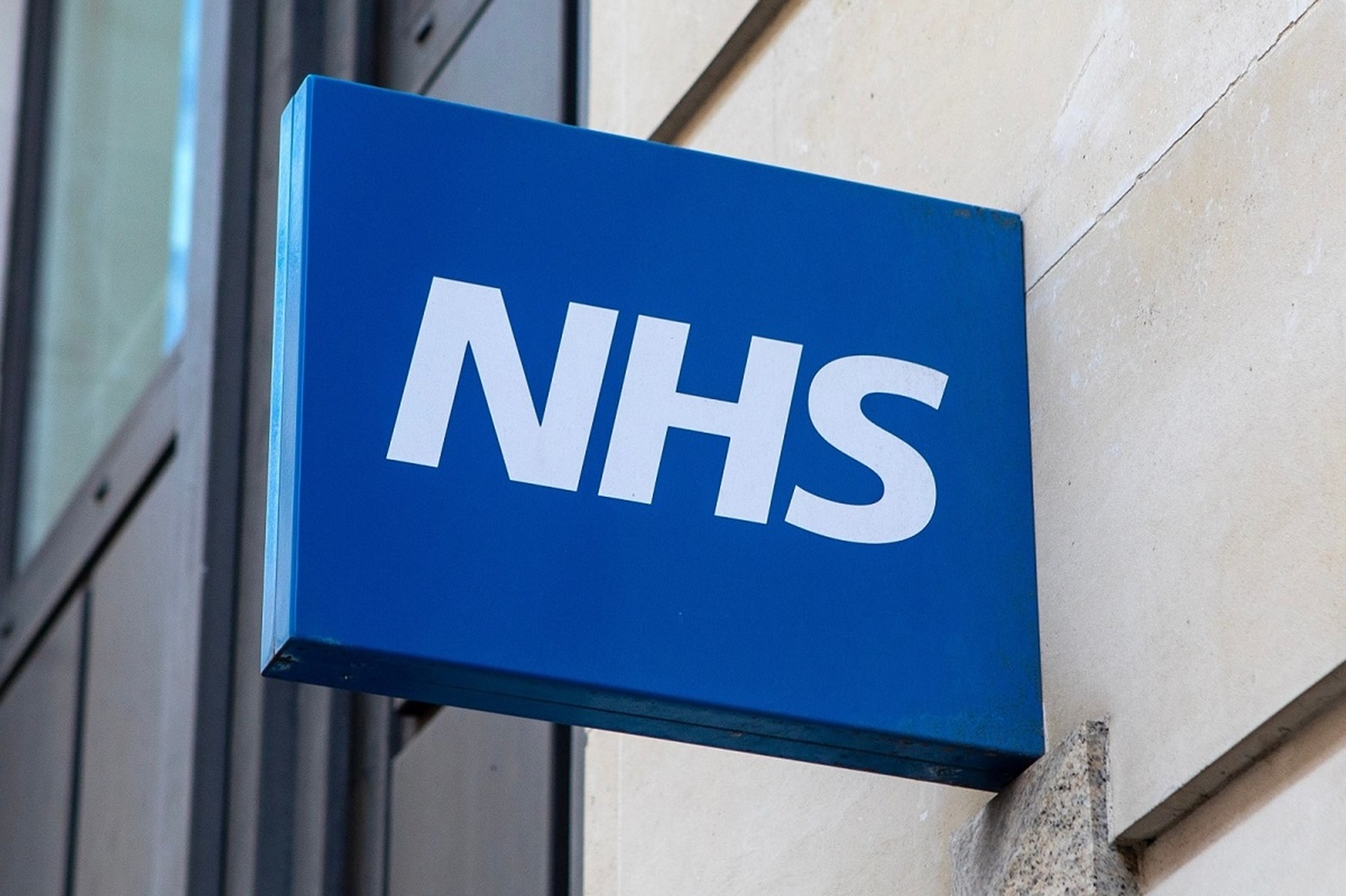
The push for cultural competence in the NHS aims to ensure that healthcare is sensitive to the needs of a diverse population. However, disparities in health outcomes persist, highlighting a gap between theory and practice. It’s like prescribing the right medicine but in the wrong dosage.
20. Digital Inclusion: Bridging or Widening the Gap?

With the rapid move towards digital everything, the UK’s initiatives for digital inclusion are critical. Yet, the digital divide persists, particularly among the elderly and in rural areas. It’s like offering everyone free Wi-Fi but forgetting to check if they have a device to use it with.
21. The Living Wage: A Step Towards Equality

The introduction of the Living Wage was intended to ensure a fair day’s pay for a fair day’s work. However, with the cost of living soaring, the living wage often feels more like a survival wage. It’s like being given a lifeboat that’s perpetually taking on water.
And That’s the Tea

As we’ve seen, the UK’s efforts in diversity and inclusion are a mixed bag of genuine progress and missed opportunities. It’s a bit like British weather: unpredictable, occasionally sunny, but often leaving you wondering if you need an umbrella. In the grand scheme of things, it’s clear that while the intentions are noble, the execution is as varied as the British landscape. So, here’s to hoping for more sunshine and less rain in the future of diversity and inclusion.
More Articles Like This…
Broken Britain: 12 Reasons Behind the UK’s Decline
Say the Unsayable: 10 Occasions When Farage Spoke His Mind About Britain
The post Doing Diversity: 21 Groundbreaking Ways the UK Has Led the World in Inclusivity first appeared on Edge Media.
Featured Image Credit: Shutterstock / Maridav.
For transparency, this content was partly developed with AI assistance and carefully curated by an experienced editor to be informative and ensure accuracy.

